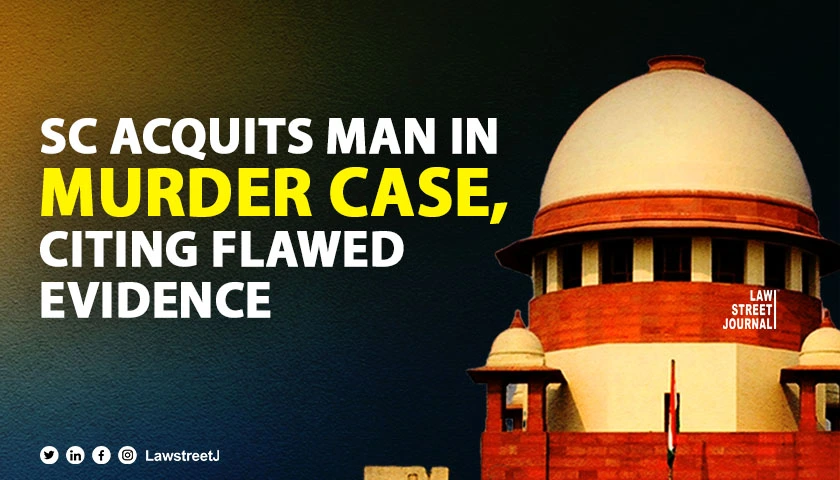New Delhi: The Supreme Court has delivered a significant order acquitting Virendra Kumar Chamar, accused no. 3 in a murder case, and setting aside his conviction under Section 302 of the Indian Penal Code. A bench comprising Justices Abhay S. Oka and Augustine George Masih passed the order, citing weak prosecution evidence and doubts about the eyewitness testimony.
The case involved the murder of one Harilal on June 20, 2005. The prosecution alleged that three accused, including the appellant, attacked the deceased with firearms and a knife. The appellant’s conviction was primarily based on the testimony of PW1, Ram Sumer, the brother of the deceased, who claimed to be an eyewitness.
The court noted several inconsistencies in PW1’s testimony. Justice Oka observed, “We are surprised to note that the courts have convicted the appellant solely based on the evidence of PW1—Ram Sumer. He has already undergone incarceration for sixteen years. This is a shocking state of affairs.”
Expressing concern over the conviction based solely on PW1’s testimony, the court stated, “Therefore, we are of the considered view that the conviction of the appellant cannot be sustained.”
The court highlighted that no other eyewitnesses were examined, despite the incident occurring at 6:30 pm in a populated area. It noted that in cross-examination, PW1 admitted reaching the spot 2-3 minutes after hearing gunshots and stated he had not seen the actual incident.
The Supreme Court set aside the conviction and ordered the immediate release of the appellant if he is not required in any other case. The bench emphasized, “The appellant shall be immediately set at liberty if he is not required to be detained in any other case.”
In conclusion, the court held that the conviction of the appellant cannot be sustained. Consequently, the impugned judgments were set aside, and the accused appellant was acquitted of all charges framed against him. The court also directed that the appellant be immediately released, provided he is not required to be detained in connection with any other case.











